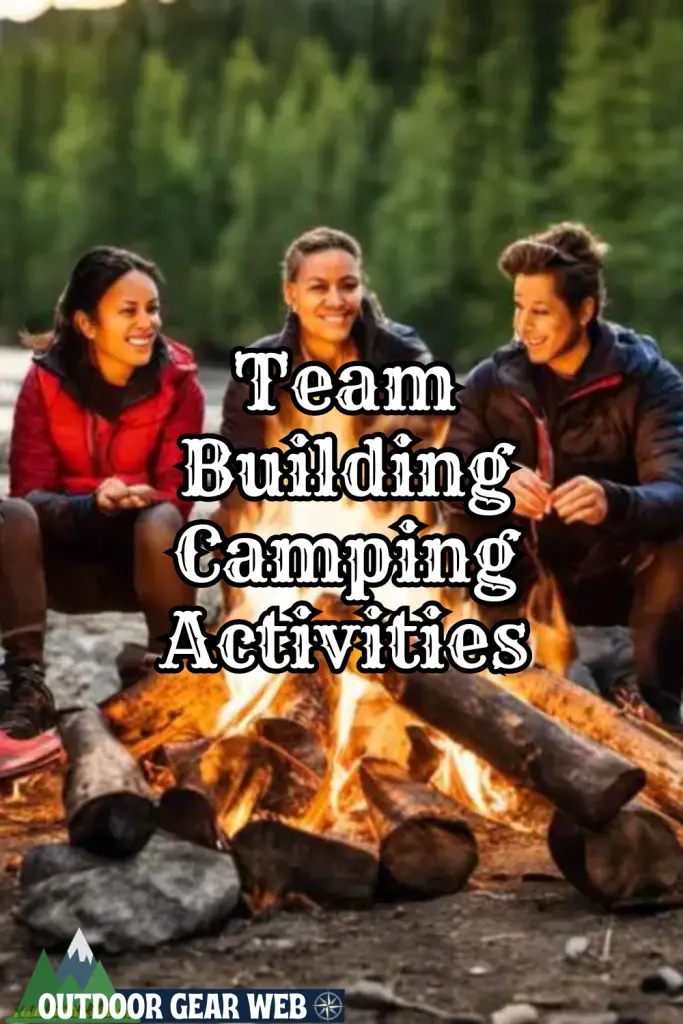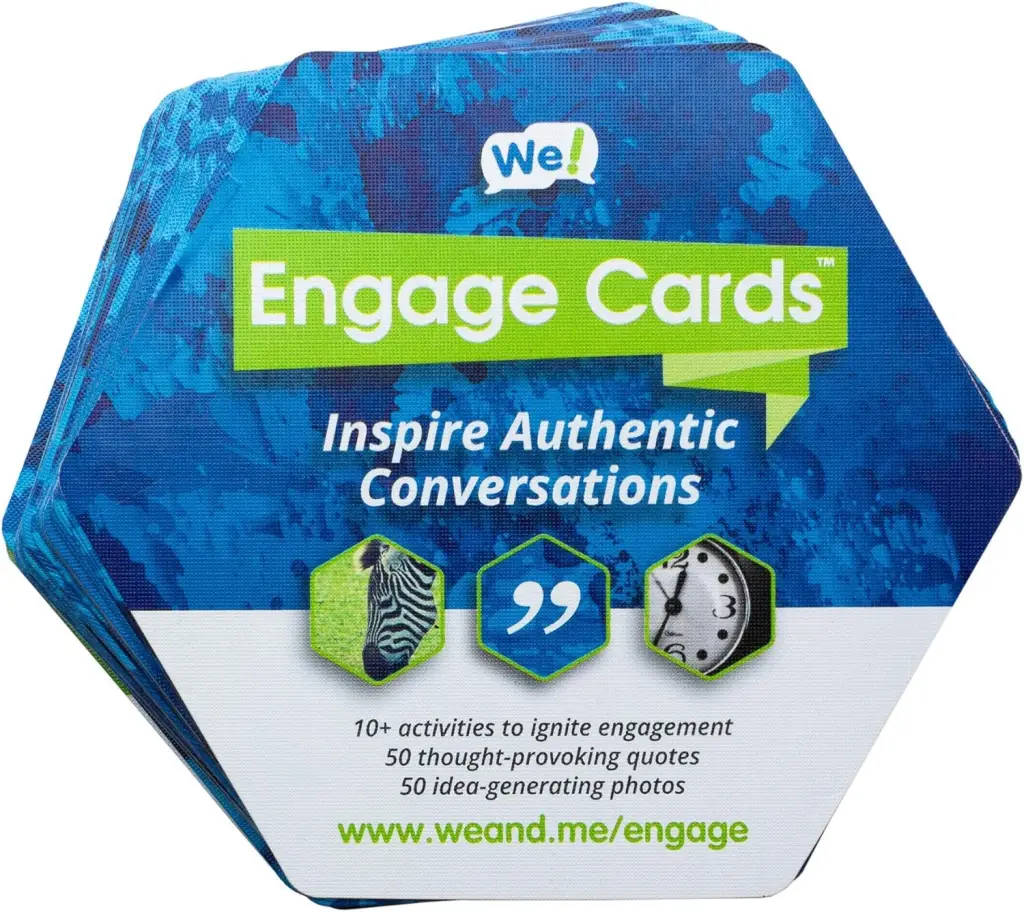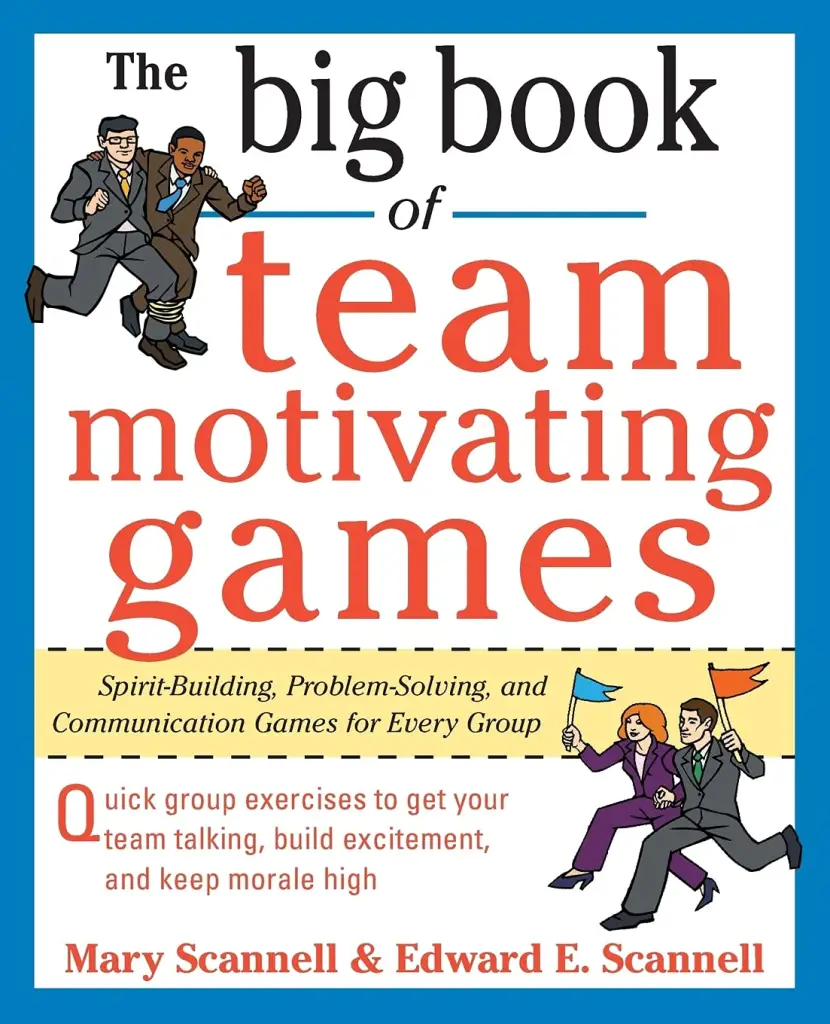
Unleashing the transformative power of outdoor adventures necessitates a deep comprehension of team building, particularly in the context of camping activities. A properly planned and well-maintained team structure can turn the most mundane tasks into an exhilarating journey of growth and discovery. Team building, distinguished by its dedicated principles and procedures, is the pillar bolstering the triumph of any group-based undertaking. As we delve into the world of team building techniques, understand how to use them creatively and effectively during camping escapades. The roadmap to engaging and beneficial camping activities is through diligent planning and organization. It’s a journey into identifying appropriate team sizes, crafting exciting schedules, and efficiently distributing resources.
Camping Activities For Your Next Adventure
Understanding Team Building
Starting Point: Understanding the Essentials of Team Building and its Roles in Camping Activities
Camping is not merely an outdoor excursion; it’s an enriching experience that strongly encourages team collaboration and mutual understanding. To gear a camping trip towards team-building, one must first comprehend the key principles of team building. These principles can play a pivotal role in not only enhancing the camping experience but also fostering stronger interpersonal relationships.
Drafting Shared Objectives
Shared objectives foster a common perspective and serve as a guiding light for effective team-building in camping activities. Having a unified mission is just the stepping stone; ensuring that every team member understands, commits to, and actively contributes to these objectives is the true yardstick of success. You achieve this by setting forth clear responsibilities for each member, breaking down tasks into manageable portions, and maintaining open communication about progress or challenges encountered.
Celebrating Individuality
A successful team leverages the strengths of its individuals. In other words, team-building and efficiency stem from acknowledging, respecting, and utilizing the unique traits and skills of each participant. For example, a member who has experience in navigating the wilderness would be best for leading the group’s hiking excursions. Similarly, assigning campfire cooking to someone with relevant skills not only makes the activity more effective but also builds on the member’s confidence.

Building Trust and Co-operation
Trust and cooperation are messages that resonate strongly with successful teams. Activities that require interdependence can emphasize these aspects. For instance, a ‘trust walk’, where one person guides a blindfolded partner through a track, reinforces the importance of trust within a team. Similarly, setting up a tent together enhances cooperation.
Addressing and Resolving Conflicts
Just as important as team collaboration is conflict resolution. Disagreements are inevitable and often beneficial, as they can stimulate new solutions and viewpoints. Encourage open, respectful discussions and foster an environment where everyone feels their ideas and opinions have value.
Continuous Appraisal and Feedback
Reflection and feedback are instrumental in ensuring continuous improvement within a team. Foster an environment where constructive feedback is always welcome. Better yet, encourage feedback from the team. Create checkpoints to evaluate the progress of the team against the set objectives.
Team building is not about swiftly reaching a destination, but enjoying the journey, learning, and making the most of the time together. When applied correctly, camping activities have the potential to foster these principles and cultivate a union of strong, efficient team members. Consider trying your hand at incorporating these principles on your next outdoor adventure.
Essential Guide to Prepare for Your Fall Camping Trip
Planning and Organizing Camping Activities
Mastering Team Building: Implementing Successful Camping Activities
A company’s success is built not only on rock-solid strategies but also on unshakable team dynamics. One effective manner to foster this bonding is camping activities. But, merely pushing people under a tent won’t spring forth meaningful connections. Now, it’s time to look at how to plan and organize such activities effectively, thereby optimizing your team-building efforts.
The first thing to remember: each activity should be intentional and tailored. This isn’t a one-size-fits-all situation. Consider your team members’ interests and abilities prior to choosing camping activities to ensure everyone’s inclusion and enjoyment. Remember, forced participation in unsuitable activities may harm team harmony.
Team Building Through Communication, Memory, and Reflection
The establishment of communication channels is an essential step towards successful team-building exercises. Keep everyone up to date with the event plans, and address their concerns and queries promptly to ensure people are not left in the dark. This practice will also allow people to adapt to changes and make personal arrangements if needed.

Don’t underestimate the magic of memorable moments. Plan moments of surprise and delight during the camping trip. This could take the form of impromptu talent shows, surprise guest appearances, or unexpected rewards. These sparks of joy create a shared memory bank, which strengthens the bond within the team.
Factoring in time for reflection and learning is the linchpin in these situations. Encourage team members to share their experiences, insights, and learning points after each activity. Reflection aids in consolidating the gained knowledge and ensures its translation into the work environment.
Safety and Role Assignments in Team Building
You shouldn’t compromise safety and comfort. Verify that all camping equipment is in good condition, dietary preferences are respected, and emergency services are easily accessible if required. Teams operate optimally when they have assurance of their security and comfort, allowing them to concentrate on the tasks at hand. This means both physical and psychological safety. Put everyone’s minds at ease right when you start.
Tactful assignment of roles and responsibilities is the crux of planning effective team-building activities. Everyone’s involvement should be ensured and, ideally, every participant should take responsibility for a particular task. This practice not only enforces individual accountability but also reveals latent skills and potentialities among the team members.
Remember the Fun of Team Building
Last but not least, remember to add the essence of fun and relaxation as well. Activities shouldn’t only be about learning or achieving objectives but also about unwinding, relaxing, and fostering genuine connections. Incorporate casual fireside chats, nature walks, or star-gazing sessions to ease the atmosphere and facilitate organic bonding.
Relentless pursuit of business objectives can sometimes make us forget that our teams are composed of individuals, with unique aspirations, likes, and talents. Camping activities, when effectively planned and organized, can bring hidden facets to light while fostering deep-rooted camaraderie. So, tighten your bootstraps, roll out those sleeping bags, and prepare for an enlightening expedition under the stars.
Implementing Effective Team Building Camping Activities
A business organization isn’t fundamentally different from a campsite. It’s a place where different individuals with varying skill sets, personalities, and roles converge. Success is defined by how well they harness these differences towards a common goal, a skill honed by team building camping activities.
Effective Team Building Activities
When brainstorming effective team-building camping activities to implement, consider the following:
- Adventure Challenges: Outdoor challenges like hiking, rock climbing, or rafting push the team out of their comfort zones. These activities require strategic thinking, physical cooperation, and the will to overcome obstacles. These activities can stimulate creative problem-solving and teamwork.
- Shared Responsibilities: Encourage shared responsibility through tasks like preparing meals, managing campfires, or navigating routes. To foster the integration of skills and collaboration, rotate the tasks amongst the team. This engages every member and magnifies the importance of each role.
- Skill-Sharing Workshops: Leverage the diversity amongst the team by organizing skill-sharing workshops. Is there an avid bird watcher, a star gazer, a survivalist, or a talented cook in your team? Sharing their knowledge not only contributes to personal development but also promotes mutual respect and appreciation.
- Talk Sessions: Open-air talk sessions around a bonfire fosters candid conversations. Connect these sessions to the workplace setting by discussing business achievements, failures, or potential improvements. This promotes transparency, demonstrates vulnerability, and fosters empathy.
- Team Contests: Fun contests like tug of war, obstacle races, or treasure hunts implant a sense of healthy competition. Keep it light, encourage fair play, and make sure everyone takes part. The shared joy of victory brings the team closer.
- Nature Appreciation: Cultivating a sense of appreciation for nature brings tranquility and fosters mental well-being. Activities like nature walks, birdwatching, yoga, or stargazing can create a sense of peace and togetherness by reminding everyone of the world outside of business.
Implementing Team Building Activities
Now that we’ve charted possible camping activities, how do we implement them successfully?
- Methodical Planning: Lay down a clear action plan, including timelines, resources, roles, and responsibilities. Use online collaboration tools to streamline planning communication.
- Inclusion and Volunteering: Make sure each activity is inclusive. Don’t force anyone into an activity; instead, encourage voluntary participation.
- Guidance: Proper guidance and clear instructions are critical, especially for adventure activities and skill-sharing workshops. You might want to bring in experts to ensure safety and productivity.
- Unplanned Downtime: Allot time for relaxation and adventures that aren’t in the itinerary. Unplanned downtime can pave the way for spontaneous fun and conversations, which might unravel hitherto unseen aspects of your team’s dynamic.
A meticulously planned, inclusively formulated, and deftly executed team-building camping experience can serve as a melting pot of ideas, talents, and cultures. Witness your business solidify, trend upwards in pattern with its people, and meet its Everest. That’s the power of strategically designed team-building camping activities! Business is a science and art of relationships… and what better place to test and build it than a campsite?

Final Thoughts on Team Building Camping Activities
Exploration of the riddled world of team-building, laden with an abundance of camping activities, culminates in knowledge that resonates beyond the wilderness. It stems from running a gambit of different events, evolving from mere fun to powerful experiences that bind individuals together, molding them into a cohesive unit. The success of such endeavors is predicated on a pragmatic implementation guide comprising of vital materials, guidelines, and structured rules that ensure the safety of participants while achieving the desired objectives. From this perspective, it becomes evident that effective team building camping activities serve as an instrumental catalyst propelling the growth of individuals and teams alike, sealing connections with an indelible impression of mutual reliance and shared achievement.









